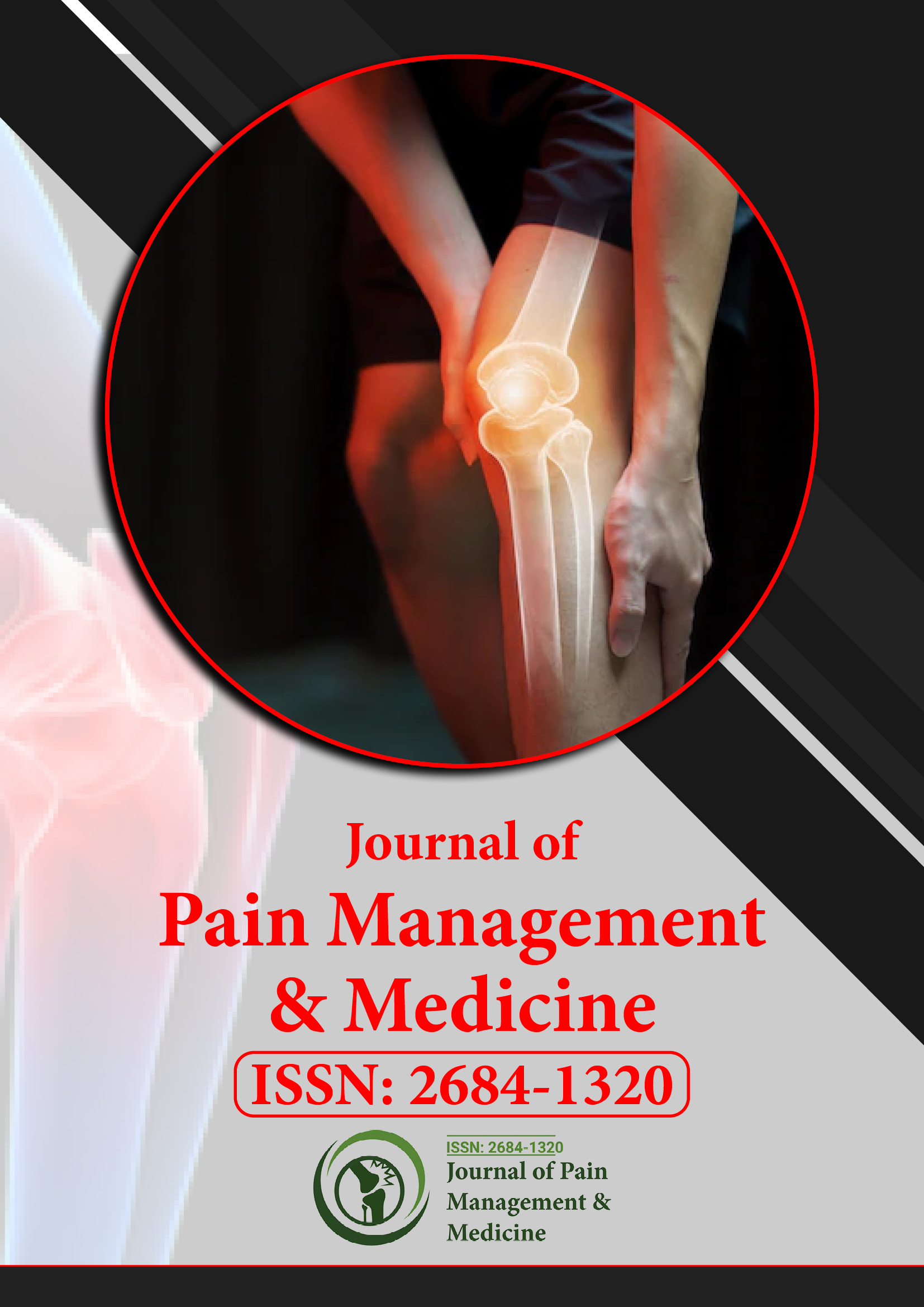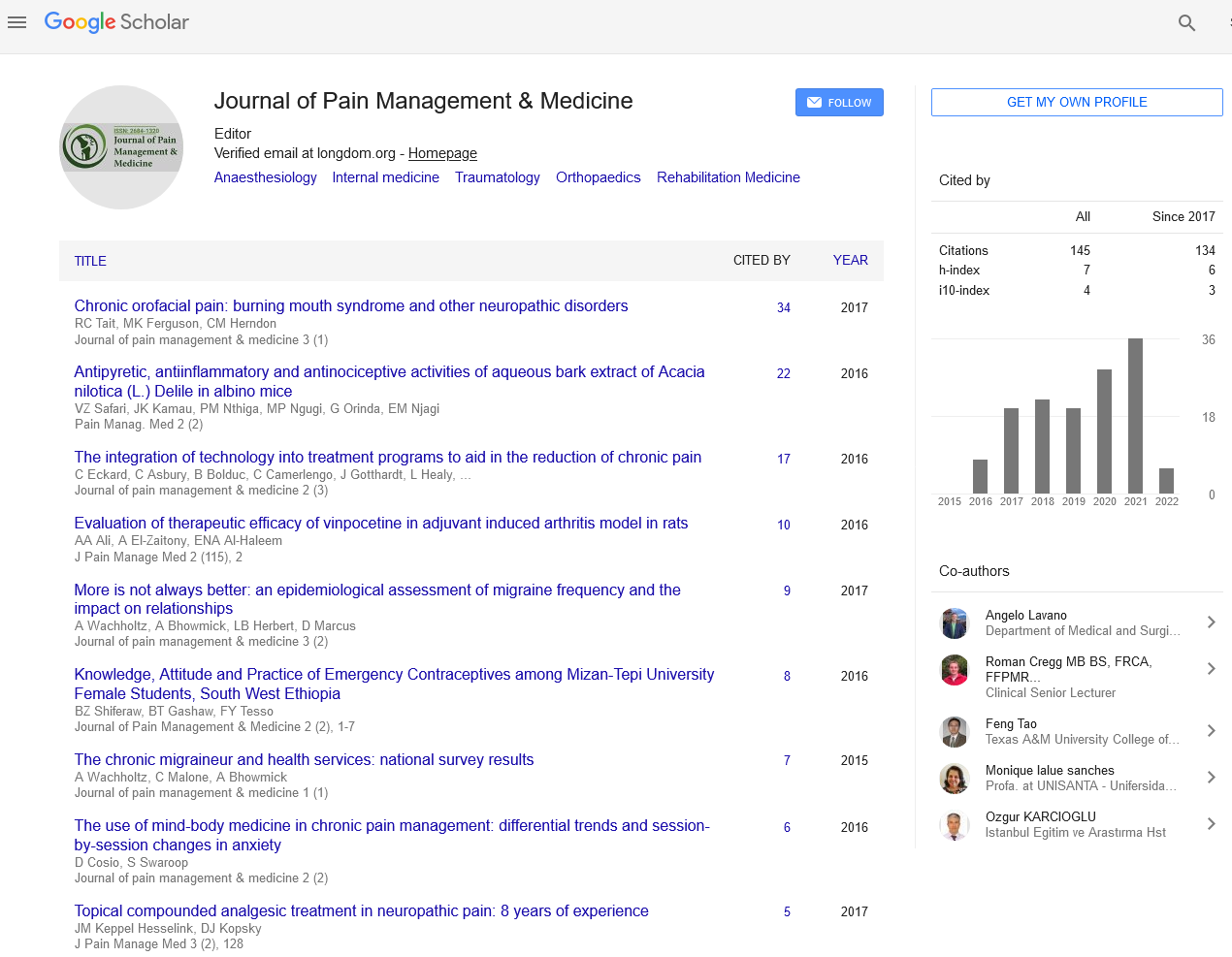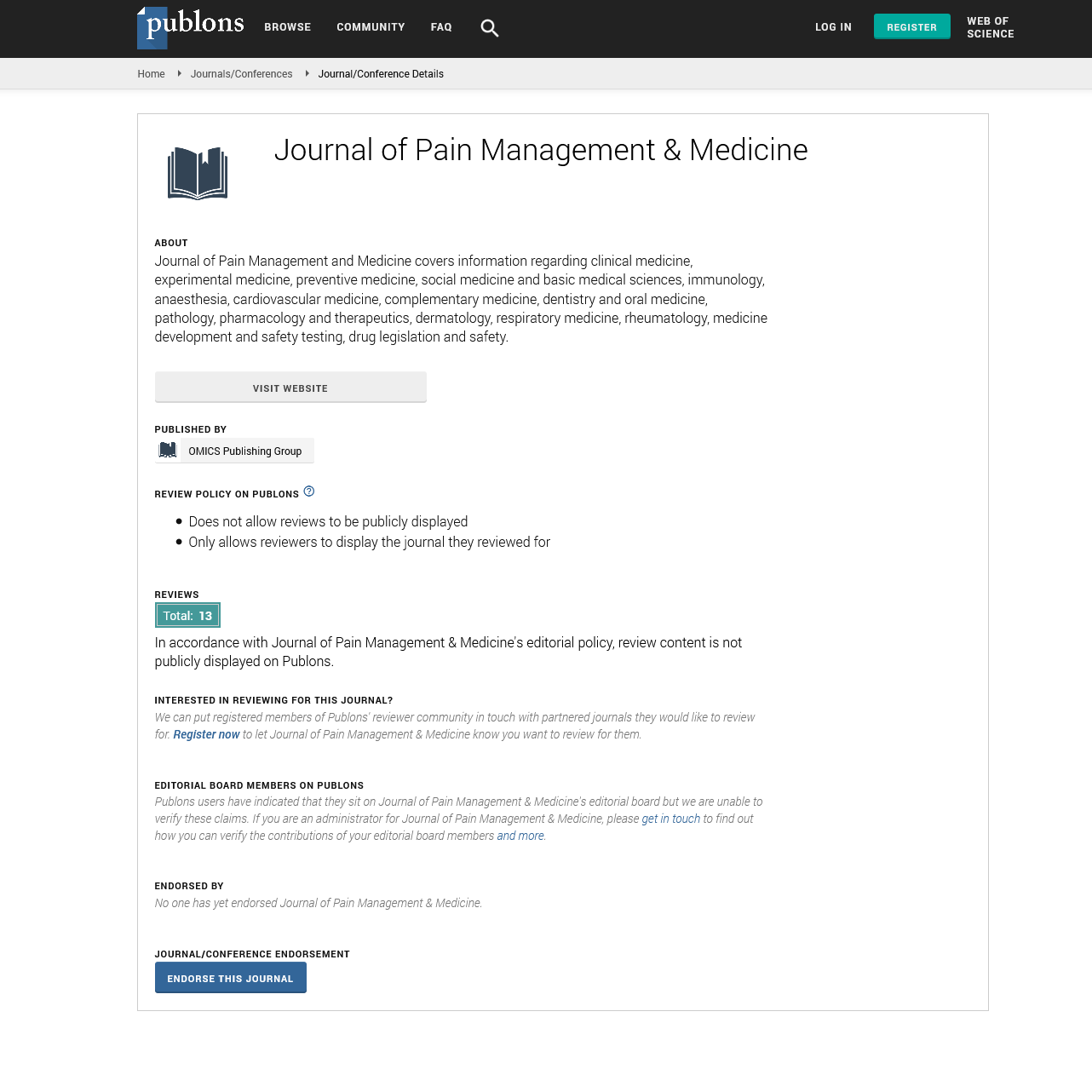Indexed In
- RefSeek
- Hamdard University
- EBSCO A-Z
- Publons
- Euro Pub
- Google Scholar
- Quality Open Access Market
Useful Links
Share This Page
Journal Flyer

Open Access Journals
- Agri and Aquaculture
- Biochemistry
- Bioinformatics & Systems Biology
- Business & Management
- Chemistry
- Clinical Sciences
- Engineering
- Food & Nutrition
- General Science
- Genetics & Molecular Biology
- Immunology & Microbiology
- Medical Sciences
- Neuroscience & Psychology
- Nursing & Health Care
- Pharmaceutical Sciences
Abstract
Knowledge, Attitude and Practice of Emergency Contraceptives among Mizan-Tepi University Female Students, South West Ethiopia
Bisrat Zeleke Shiferaw, Bosena Tebeje Gashaw and Fekadu Yadassa Tesso
Background: Emergency contraception is a type of modern contraception which is used after unprotected sexual intercourse, following sexual abuse, misuse of regular contraception or non-use of contraception. University students fall under sexually active age group and form a high-risk group for unintended pregnancy because a large percentage of them engage in sporadic pre- marital sex, which could be prevented by using emergency contraception.
Objective: The aim of the study was to assess the knowledge, attitude and practice of emergency contraceptives among female students in Mizan-Tepi University, South West Ethiopia. Methods: For the study, a cross-sectional, Institution based study was conducted from March 10-30, 2014. A multistage sampling technique was used to select the study participants. Data were cleaned, coded and entered in to Epi-data 3.1 and analyzed using SPSS version 20:-00. Logistic regression was used to identify the association between variables and emergency contraceptive knowledge, attitude and practice.
Result: Of the total, respondents, 188(38.4%) of them were sexually active, only 24.1% had good knowledge about emergency contraceptives, 229(46.8%) of the students had favorable attitude towards it and among sexually active participants, only 68(36.2%) had used emergency contraceptive methods.
Conclusion: The study shows lack of awareness, knowledge and utilization of emergency contraceptives among Mizan-Tepi University female students. Therefore, designing specific strategies to enhance emergency contraceptive utilization by increasing female students’ level of awareness on emergency contraceptive is recommended.


